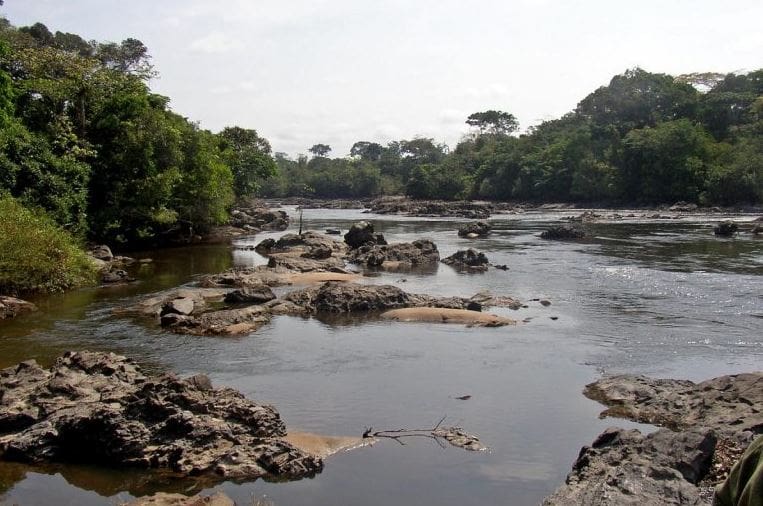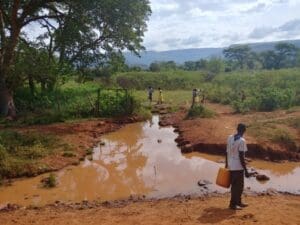Africa is currently experiencing what can be called its “third great land transformation.” This follows the first one inaugurated by colonial powers, and a second one launched by postcolonial states for developmental and infrastructural purposes. The 21st century wave of land grabs, which has exploded in recent years, constitutes the third.
It is a new form of agrarian capitalism – and perhaps corporate colonialism – driven by a growing global emphasis on large land and agricultural investments. The continent is currently witnessing an unprecedented commodification of land, marked by the dispossession of local communities from their lands in countries such as Sudan, DRC, Ethiopia, Cameroon, Madagascar, Mali, Republic of Congo, and Mozambique.
There is, so far, a lack of authoritative data on trends, size, and terms of land deals in most cases. But according to recent estimates, 55 to 65 million hectares of arable land are involved in large-scale land deals in the whole of Africa. In this game of supply and demand, the Congo Basin region (or Central Africa as a whole), with its 550 millions of available arable land and considered the world’s second ecological lung after Amazonia, stands out. The region currently accounts for about 63 percent of the area provided by African countries for land deals. As Congolese expert Brice Pongui put it to me in an interview, “As in the old good days of colonial concessions, Central Africa is and remains the favorite terrain of capitalist multinationals. Our political systems are weak and have always served neo-colonial interests.”
The causes of this new explosion are many, including what can be called “globalized financialization and speculation of land” by large corporations based in Western countries, Singapore, China, Saudi Arabia and the United Arab Emirates. This has resulted in the rise of a new agrarian capitalism characterized by rural dispossession, corruption in decision-making bodies, growing transnational land grabbing networks and neo-liberal trade agreements.
Transnational and foreign corporations have thus marked their nest in Central Africa, acquiring huge portions of land (over 1,000 ha in size). More than anywhere else, this region has been long susceptible to a patrimonialism of resources by elites. These land deals cohabit with other forms of often controversial – but flourishing – land use schemes, like commercial logging and mining, whose disastrous effects on community land rights and the environment have grown since the colonial period. In the eastern part of DR Congo, for example, since the early 2000s we have seen a proliferation of joint ventures between top-level military elites and Asian investors to establish agricultural and intensive livestock concessions, leading to deadly conflicts based on land claims and struggles for access.

 Many of these land transactions are not transparent and are tainted with legal irregularities such as lack of free consent from local communities, lack of validation of contracts by ministries of land, payment of bribes to state agents, and capture of customary chiefs by subnational administrative authorities in some cases. In each country, these actions have involved a chain of actors including investors, national decision-makers, bureaucrats, sub-national authorities, customary chiefs, and other middlemen.
Many of these land transactions are not transparent and are tainted with legal irregularities such as lack of free consent from local communities, lack of validation of contracts by ministries of land, payment of bribes to state agents, and capture of customary chiefs by subnational administrative authorities in some cases. In each country, these actions have involved a chain of actors including investors, national decision-makers, bureaucrats, sub-national authorities, customary chiefs, and other middlemen.





